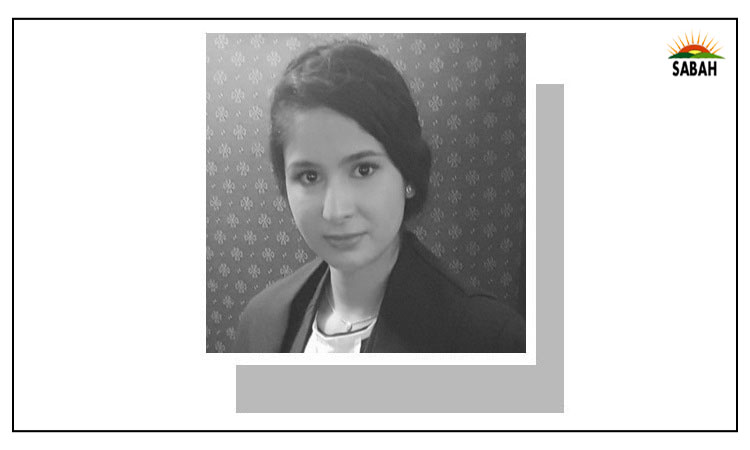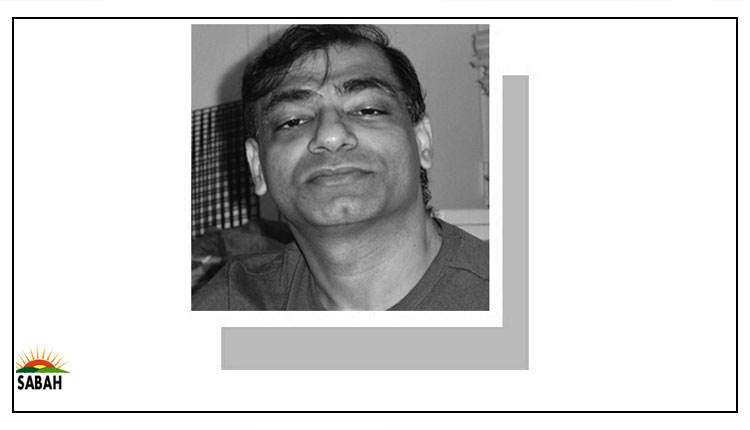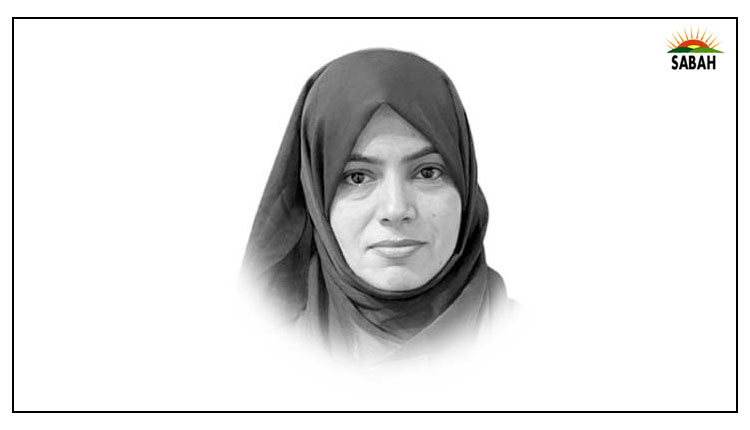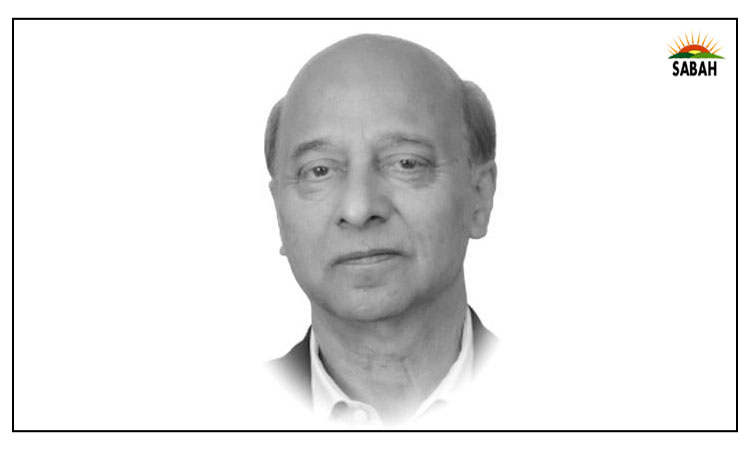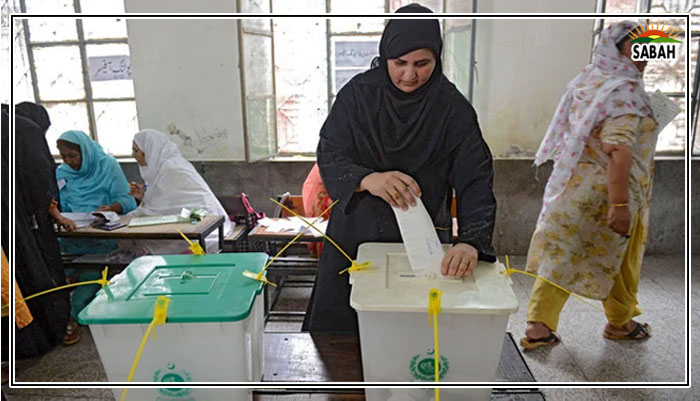Beyond ninety days…Adeel Shahid Karim
It seems the PML-N-led coalition PDM government concentrated all their efforts during their short tenure in delaying the general elections of 2023 rather than working for the nation; elections which apparently would allow us (the people) to elect candidates of our choice every five years.
Even dissolving the government prematurely was a delaying tactic. Article 224, the constitution says that a general election shall be held within 60 days immediately following the day the term of the Assembly is due to expire (which in our case was the 12th of August 2023). However, if the National Assembly is dissolved before the end of term (dissolution was announced on August 9, 2023) then general elections are to be held instead within 90 days. A dirty ploy but a lawful one.
Before departing, the PDM coalition government introduced a bill called the Elections (Amendment) Act, 2023 to amend the Elections Act, 2017. The bill passed (as expected) without any real objection or debate from our parliamentarians and as such the Elections Act was amended. For the public, the amendment of significance is Section 57 which (now) states, Subject to the constitution, the Commission shall by notification in the official gazette announce the date or dates, as the case may be, of the general elections.
Herein lies the rub, the caretaker government claims that this provision now grants the Election Commission of Pakistan the power to announce the date of elections. They conveniently forget that this provision begins with the words Subject to the constitution which is oxymoronic considering that Article 48(5) of this very constitution grants the president of Pakistan, not the Election Commission, the power to set a date, and that too no later than the stipulated 90 days.
It must be understood that the constitution is the supreme law of this country and all subordinate laws enacted by the legislative are subject to it. In other words, no act or provision can be introduced that may be in violation or infringement of the constitution. Of course, this is where the judicial branch is supposed to step up as sworn protectors of the constitution and right the wrongs done against its word. Nonetheless, it need not a jurist to easily conclude that the amendment to Section 57 is unconstitutional at its core. The coalition government cannot forgo the power of the president through a simple act of parliament.
Even if it is assumed that this provision were valid in the eyes of the law, hypothetically speaking, even then the elections would have to be held within the 90-day period as directed by Article 224(2). Not surprisingly, to counteract this, another tactic was devised. On the 5th of August, the Council of Common Interests, which comprises representatives from both federal and provincial governments, approved the seventh population and housing census (2023), which now means that the elections will require new delimitation of constituencies based on the latest census figures; this will conveniently take four more months to complete.
The ECP was quick to concede and issued a notification freezing all previous boundaries of the constituencies and a fresh schedule was approved for new delimitations. The dramatic irony of it is that the ECP relied on the constitution (Article 51(5)) to legitimize this exercise, which states The seats in the National Assembly shall be allocated to each province and the Federal Capital on the basis of population in accordance with the last preceding census officially published.
The interpretation put forth by the government and the ECP is simple: Article 224(2) is subject to Article 51(5). In layperson terms, they claim that the constitution does not allow them to hold elections unless the delimitation process of the constituencies has been done by the Election Commission process. As such it would be impossible to conduct the elections within 90 days as provided under Article 224(2). A sound theory.
This constitutional hopscotch is by design. The ECP was already done with the delimitation process in 2022 based on census 2017 and there has been no substantial reason given for conducting a new census after only five years. The Supreme Court in the case of Muhammad Sibtain vs Election Commission has irrevocably declared that the ECP lacks the power to extend the date of elections beyond the 90-day period, so this display of blind cherry-picking by our institutions is just astounding.
Despite a binding judgment of the Supreme Court, the ECP has unilaterally decided to delay the elections again. Based on their own interpretation of the constitution, they have deprived Pakistans citizens of the democratic process and allowed a non-elected government to rule for an unprecedented period.
Once Article 224(2) was triggered by the coalition government and the clock started, it was the ECPs only job to make sure the elections were conducted within the 90-day period, new census or not.
There are no exemptions to Article 224(2) in the constitution, and it is certainly not up to the ECP to decide which article to disregard. In case of ambiguity, the matter must be referred to the Supreme Court immediately, but they themselves cannot decide upon the delay. The business of the ECP is to conduct elections, not interpret the constitution. Of course, amidst the confusion and the tedious litigations, delay is now inevitable, and just a reminder that this too is by design.
Courtesy The News




